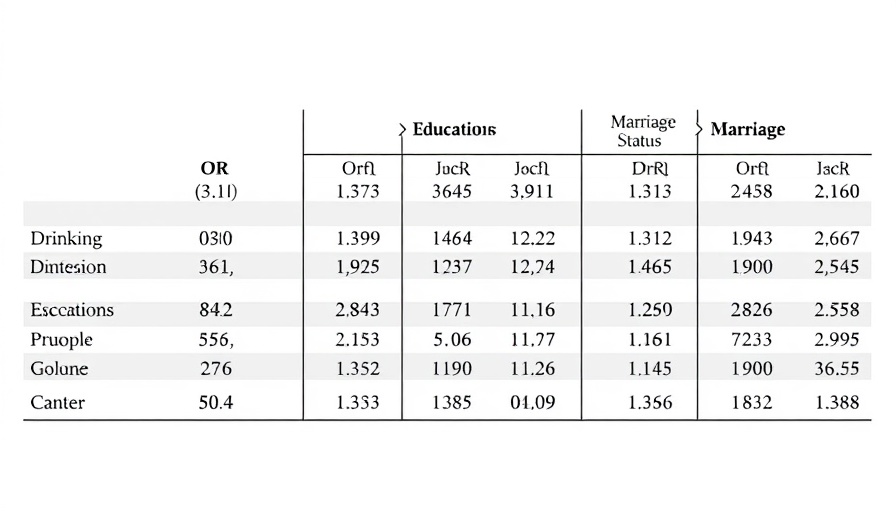
Understanding the Connection: Telomeres and COVID-19 Severity
As COVID-19 continues to challenge public health, the exploration into its determinants has widened, revealing intricate connections between cellular biology and disease outcomes. One significant area of focus is telomere length—a biological marker that reflects cellular aging and has implications for the immune response. Research indicates that longer telomeres may confer resilience against severe manifestations of COVID-19. A recent study examined this association among hospitalized patients, revealing intriguing insights into how telomere biology could shape clinical outcomes.
Telomeres as Key Players in Cellular Health
Telomeres, the protective caps on the ends of chromosomes, shorten with each cell division, which is a natural part of the aging process. This shortening is exacerbated by factors such as oxidative stress and inflammation, both of which have been reported to be significant during COVID-19 infection and recovery. In the aforementioned study involving 283 hospitalized patients, researchers performed a logistic regression analysis to explore the impact of telomere length on clinical outcomes, specifically ICU admission, need for ventilation, and overall duration of hospital stay. The results were compelling; longer telomeres were associated with significantly reduced odds of severe outcomes, supporting the hypothesis that telomeres may play a role in mitigating COVID-19 severity.
Challenging COVID-19 Through Telomere Length
This latest study concluded that an increase in telomere length correlates positively with better clinical outcomes in COVID-19 patients, which could not simply be attributed to demographic factors like age and sex. Specifically, an interquartile-range increase in telomere length led to a notable odds ratio of 0.55 for ICU admission and 0.52 for the need for ventilation, indicating that longer telomeres might bolster the body’s defenses against severe COVID-19 manifestations. Such findings align with broader telomere research that highlights the protective role of these genetic structures against various age-related diseases.
Exploring the Implications for Aging and Health
Understanding telomere dynamics provides health-conscious individuals with valuable insights into the aging process and disease prevention. Since telomere shortening is associated with aging and chronic diseases, maintaining or potentially restoring telomere length emerges as a promising avenue for supporting overall health and wellness. This can be achieved through lifestyle interventions, such as stress reduction, a balanced diet rich in antioxidants, and regular physical activity, as well as through telomere-supportive supplements aimed at promoting cellular health. The integration of telomere research into personal health strategies allows individuals to embrace a proactive approach toward aging and health optimization.
Future Directions: The Intersection of Telomere Research and COVID-19
The implications of telomere length and its association with COVID-19 severity pave the way for future research endeavors. As we continue to understand the molecular mechanisms through which telomeres can protect us against disease, there is immense potential for developing therapeutic strategies that could improve outcomes for those at risk of severe COVID-19 complications. Moreover, further investigations into the role of telomerase activation, DNA repair mechanisms, and epigenetic influences on telomeres will deepen our understanding of their significance in not only infectious diseases but also overall longevity and health maintenance.
As we reflect on the compelling narrative linking telomeres and COVID-19, we underscore the importance of cellular health in the face of global health crises. By placing an emphasis on telomere research, healthcare professionals and individuals alike can contribute to a more informed and robust approach to personal well-being and disease prevention.
 Add Row
Add Row  Add
Add 




 Add Row
Add Row  Add
Add 


Write A Comment